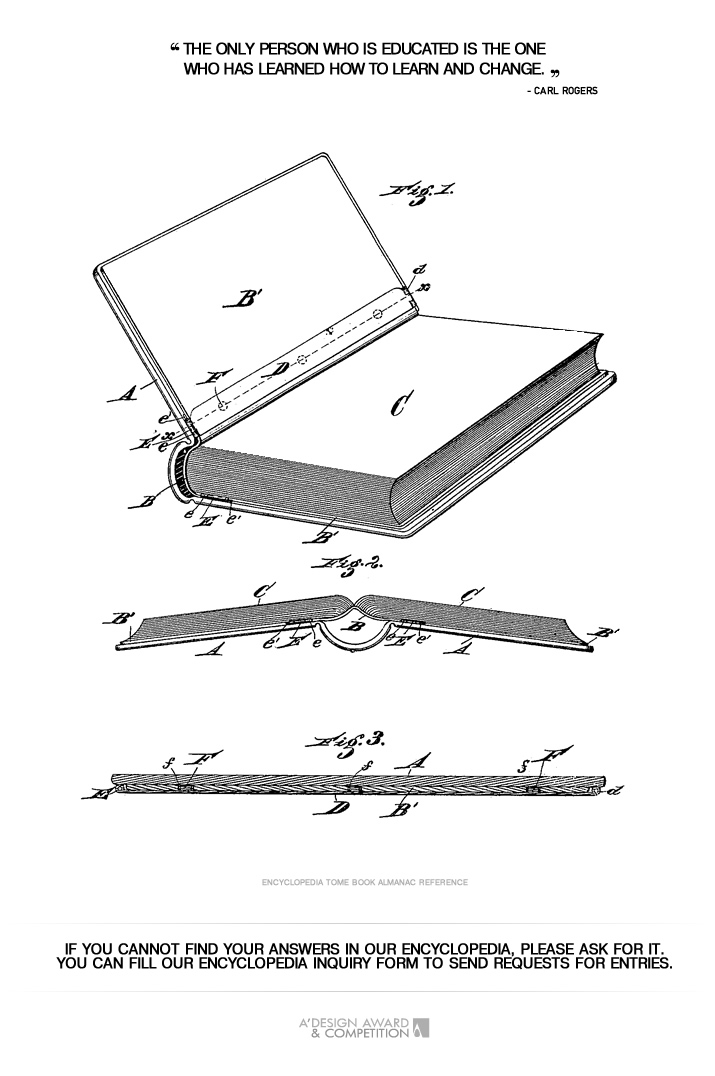
| THE AWARD |
| CATEGORIES |
| REGISTRATION |
| SUBMIT YOUR WORK |
| ENTRY INSTRUCTIONS |
| TERMS & CONDITIONS |
| PUBLICATIONS |
| DATES & FEES |
| METHODOLOGY |
| CONTACT |
| WINNERS |
| PRESS ROOM |
| GET INVOLVED |
| DESIGN PRIZE |
| DESIGN STORE |
| THE AWARD | JURY | CATEGORIES | REGISTRATION | PRESS | WINNERS | PUBLICATIONS | ENTRY INSTRUCTIONS |
Machine Do - Entry #477113 |
Home > Design Encyclopedia > 477113 |
 Machine Do
Machine Do
Machine Do is a methodological approach in design and engineering that emphasizes the integration of machine capabilities and human needs through systematic observation and analysis of how machines perform tasks. This design philosophy, which emerged during the industrial revolution and gained significant prominence in the mid-20th century, focuses on understanding and optimizing the relationship between mechanical operations and desired outcomes. The methodology involves careful documentation and analysis of machine movements, processes, and interactions, utilizing various analytical tools such as motion studies, time measurements, and performance metrics to evaluate and improve machine efficiency. Central to Machine Do is the principle that mechanical processes should be designed with consideration for both technical precision and human factors, ensuring that machines operate in ways that are not only efficient but also safe and intuitive for human operators. This approach has evolved significantly with technological advancement, incorporating digital monitoring systems, sensors, and automated feedback mechanisms to enhance machine performance and reliability. The methodology has become particularly relevant in industrial design, where it influences the development of manufacturing equipment, robotics, and automated systems. Contemporary applications of Machine Do extend beyond traditional manufacturing to include artificial intelligence systems, where machine learning algorithms are designed to perform tasks through iterative improvement and pattern recognition. The approach has been recognized in various design competitions, including the A' Design Award's industrial and machinery design categories, where innovations in machine functionality and human-machine interaction are evaluated for their contribution to advancing design excellence.
Author: Lucas Reed
Keywords: machine methodology, industrial automation, mechanical optimization, human-machine interaction, performance analysis
 Machine Do
Machine Do
Machine Do is a design methodology and operational philosophy that emphasizes the optimization of processes through mechanical automation and systematic approaches to task completion. This comprehensive framework integrates human-centered design principles with mechanical efficiency, focusing on how machines can effectively accomplish tasks while maintaining quality, consistency, and reliability in production processes. The concept emerged during the industrial revolution and has evolved significantly with technological advancements, incorporating elements of ergonomics, user experience, and sustainable practices. At its core, Machine Do represents the systematic analysis and implementation of mechanical solutions to perform specific functions, taking into consideration factors such as precision, repeatability, and scalability. The methodology encompasses various aspects of industrial design, including mechanical engineering principles, material science, and operational efficiency metrics. In contemporary design practice, Machine Do has expanded to include digital automation, robotics, and artificial intelligence, while maintaining its fundamental focus on creating reliable, efficient mechanical systems. The approach has been particularly influential in manufacturing design, where it has contributed to the development of automated production lines, quality control systems, and precision engineering solutions. The methodology's significance has been recognized in various design competitions, including the A' Design Award's Industrial and Machinery Design Category, where innovations in mechanical automation and efficiency are evaluated based on their contribution to advancing manufacturing capabilities and operational excellence.
Author: Lucas Reed
Keywords: automation efficiency mechanical precision systematic reliability
 About the Design+Encyclopedia
About the Design+EncyclopediaThe Design+Encyclopedia is a crowd-sourced reference of information on design. Unlike other crowd-sourced publications on design, the Design Encyclopedia is edited and actively monitored and publishing is only possible after review of submitted texts. Furthermore, editors of the Design Encyclopedia are mostly consisting of award winning designers who have proven their expertise in their design respective fields. Information posted at design encyclopedia is copyrighted, you are not granted a right to use the text for any commercial reasons, attribution is required. If you wish to contribute to the design encyclopedia, please first register or login to A' Design Award and then start a new design encyclopedia entry.

If you did not find your answer, please feel free to check the design encyclopedia for more entries. Alternatively, you can register and type your own definition. Learn more about A' Design Award's Design+Encyclopedia.

